‘We don't have a lot of women to offer. A lot of our young women will leave . . . get bullied out’
The Victorian Liberal Party has won just one election in the past 23 years and been through seven leadership changes. So, what are its problems?
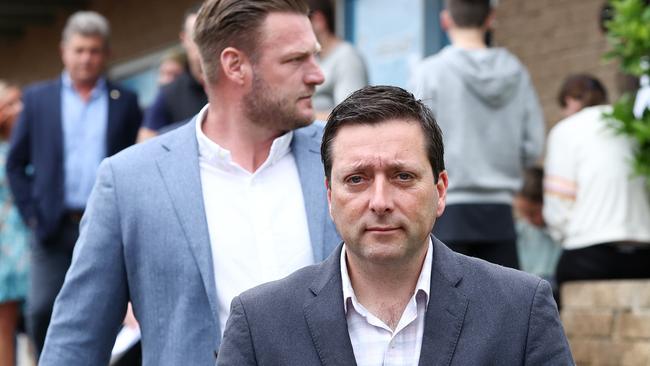
News
Don't miss out on the headlines from News. Followed categories will be added to My News.
For the better part of three decades the Liberal Party has been battling in Victoria.
Once the jewel in the Liberal crown, the party has won just one election in the past 23 years and been through seven leadership changes.
When Ted Baillieu won the 2010 election he was the first Liberal leader to win a majority in Victoria since Jeff Kennett in 14 years.
It hasn’t happened since.
Unlike the relative stability of the Victorian ALP, the Liberals have spent much of the post Baillieu-era tearing themselves apart.
Liberal sources put the party’s problems into two main camps.
The first is a structural problem, and the inability of a leader to wield power over the party in the same way as Labor leaders can.
The second is an ideological problem blamed on a combination of declining membership and a party that is increasingly seen as out of touch and unwilling to unite on key issues.
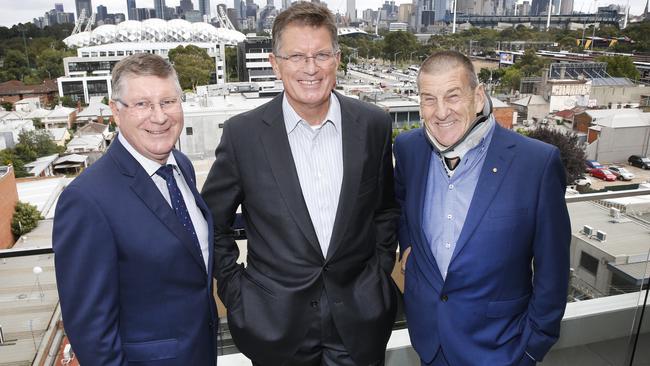
Sources say the longstanding structural problem is exacerbated by years on the opposition benches.
It largely stems from the preselection process which gives all power to rank and file branch members.
Unlike Labor, which relies on a mix of the union and factional power base combined with the support of the leader, Liberal Party preselection is a more grassroots affair.
“It’s very much personality based, and it’s nowhere near as factionalised,” one veteran Liberal said.
“It’s about the local plebiscite, which gets to choose the candidate.”
One thing that branch members hate is being told who they should support.
In 2014 then Premier Denis Napthine suffered a humiliating defeat at the hands of the Liberal grassroots when he failed to parachute his preferred candidate into a safe seat.
Mary Wooldridge’s seat of Doncaster had been abolished in an electoral redistribution, and Napthine wanted her preselected to run in Kew.
The popular cabinet minister had the backing of the parliamentary party, the state executive and Napthine who was eager for her to remain on the front bench.
In an unprecedented move, Dr Napthine even wrote to local branch members urging them to vote for Ms Wooldridge and insisting “she will win the preselection”.
But she was beaten by the soon to be former member for Kew Tim Smith, who was backed by former federal ministers Rod Kemp and Richard Alston as well as powerbroker Michael Kroger.
“To some extent in the Liberal Party if you’ve got the backing of the leader it can work against you,” one source said.
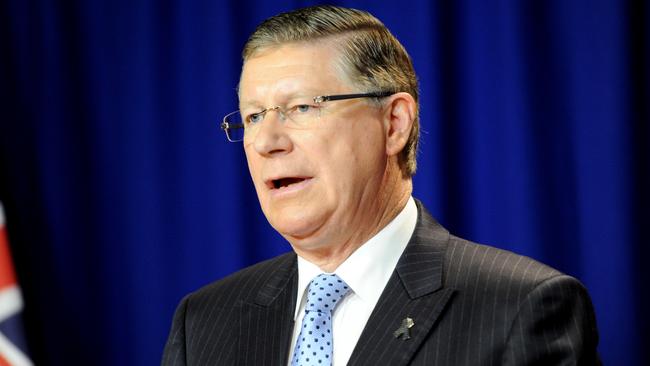
“There might be occasional examples, but by and large we don’t have captain picks.
“Right now Matthew Guy is stuck with a lot of people he’d quite frankly rather not have.”
More recently, in the new seat of Glen Waverly, Liberal Party members voted to delay a preselection vote after unvaccinated incumbent Neil Angus was barred from attending.
It left Nick McGowan, best mate of leader Matthew Guy, as the last candidate standing.
But even though it was a one candidate race, members stopped the process and wouldn’t let the preselection go ahead.
“The constitution of the Liberal party just doesn’t allow for interference of the leader,” a source said.
“What that does is it diminishes the power of the leader to be able to determine political futures.”
The problem extends beyond the preselection process and into day to day politics.
Party discipline suffers because more often than not, there are no consequences.
It’s what allowed Bernie Finn to remain a thorn in the side of the Liberals for so many years, flitting nonchalantly between controversies.
Both Guy, and Michael O’Brien before him, had been eager on more than one occasion to boot Finn from the party.
“The leader can say ‘in my opinion, he should be booted from the party’, but the party’s constitution doesn’t allow for it,” another source said.
“The last thing any leader wants to do is to take a stance and then be seen to be weak when they can’t follow through.
“That just makes the leader look weak as p***.”
Finn had dragged the party through a string of controversies with deft regard for the Liberal brand.
When he broke party ranks to advocate for a winding back of abortion laws in May, Guy bit the bullet.
“He knew it would get ugly, but he knew it was the right thing to do,” one source said.
After issuing Finn with an ultimatum to fall into line or leave the party, Guy ultimately backed a push to expel him from the party.
“In place of Finn they’ve now got Bernie without a penis,” one source said.
“Such is the influence of the leader.”
Moira Deeming, a friend of Finn’s, was preselected to fill the vacated spot in the Western Metropolitan Region.
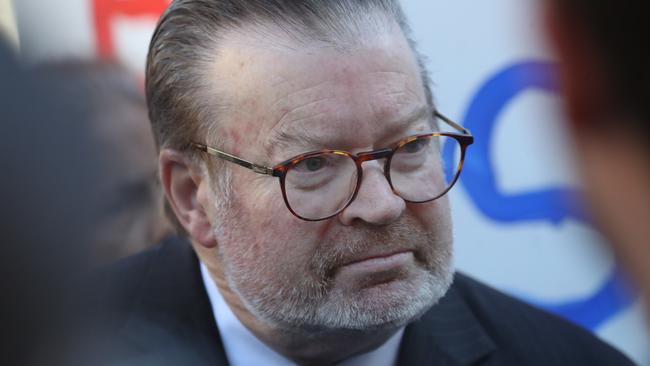
Deeming has herself come under intense scrutiny for her ultra conservative views on topics such as abortion and trans rights.
While power breeds power, even in government Liberal leaders have struggled to get their way.
Premier Dick Hamer in the 1970s famously endorsed another candidate over a young Jeff Kennett.
Kennett won.
His ultimate success as Premier, which increasingly draws comparisons with Daniel Andrews’ reign over Victoria, relied on effectively beating the system.
“A lot of people who were Kennett’s lieutenants in the end we’re not factionally aligned with him,” a senior Liberal said.
“Kennett made it very clear to people they would be sitting on the backbench for the rest of their lives if they didn’t fall into line.
“One by one they left the Costello/Kroger faction and fell into line.”
Guy, or any other Liberal Opposition leader, doesn’t have that sort of leverage while on the opposition benches.
With nothing to offer, except a spot in the shadow cabinet, there is little to work with.
Some say Kennett’s power as leader has had lasting effects that contribute to the party’s inability to look like a viable government.
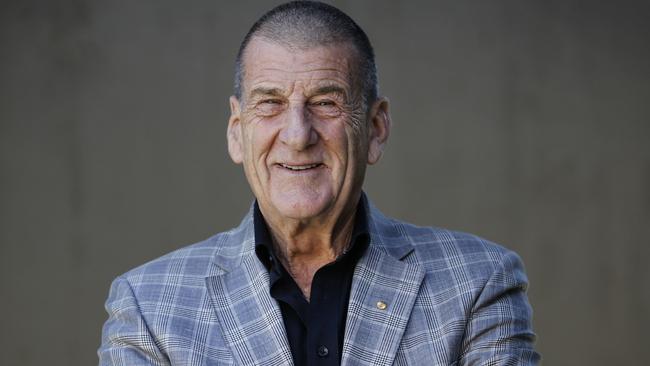
But that has brought its own challenges.
“It’s the ghost of Kennett,” one source said.
“The Victorian Division has never moved on from Jeffrey Gibb Kennett. He’s overshadowed every Liberal leader and Liberal Premier since he lost in 1999.
“The Party hasn’t been able to shake his legacy – good or bad – and rebuild as a credible party in the eyes of Victorians.”
Ideologically the party is also suffering as they try to contend with trying to keep the party in the sensible centre.
The tugging to the right from conservative church types is counterbalanced by a lurch to the left with climate change policy.
“If Matthew does OK at the election he’ll have more authority and as the economy goes downhill the push to the left will diminish” one source says.
“But there’s a declining membership due to lack of core principles and a genuine unwillingness to look after our own and nurture talent.”
Sources say there has been growing frustration with the failure of the campaign office to keep good data, collect good polling and develop strong policy.
A lack of boots on the ground for grassroots campaigning efforts has also raised concerns.
Ideologically, the party has also failed to keep up, as it is pulled between the centre and far right of politics.
The party of the ‘90s saw a much closer alignment between the left and right of the party, sources say.
“Now there is an ocean between us, it’s like two different continents,” one veteran said.
“It’s a huge part of the problem, finding the extremes of the party.”
“The fundamental issue is that its members are out of touch,” another source says.
“The party gets rid of anybody who looks like they might rock the boat.”
Of concern is its failure to attract women into the fold.
“We don't have a lot of women to offer.
“A lot of our young women will leave the party, they get bullied out,” a source says.
“Some of them are treated very poorly and they leave, which means by time they get into their 30s they are long gone or not active.
“When they’re probably their most electable we don't have any.”
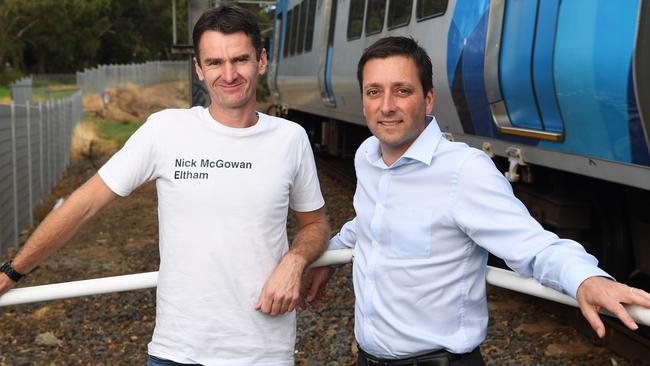
Former Liberal senator Amanda Vanstone used to say the party would only have equality when an incompetent woman beats a competent man for preselection.
“Our values don't reflect a lot of young professional women,” a party insider said.
The recent success of female Teal candidates at the federal election has concerned many Liberals.
“A lot of those people should have been preselected in the Liberal Party,” a source said.
“Essentially, a community of Liberal voters backed them.”
Whatever happens next Saturday, some insiders believe the way forward is clear.
It’s a move away from the inner city and capitalising on growth areas in the south east, the outer north and the mid to outer west.
“The factionalism in the last decade has burned almost everybody out,” one source said.
“It’s time to find a common purpose, stay away from the controversial culture wars, and forge ahead.”





